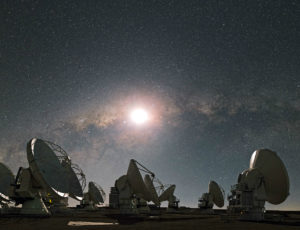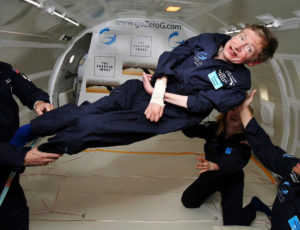
World’s First High-Resolution Image and Full-Motion Video Satellite Constellation Soon to Be Reality
Last week, Earth-i had successfully launched a prototype of a new commercial satellite. The British company had developed what is to be the world’s first full-color and full-motion video satellite constellation, Vivid-i. The constellation will provide high-resolution images and full-color video from space. It will be Europe’s first constellation with the ability to provide both video and still images.
Weighing 100 kg, the satellite prototype VividX2 will orbit at 50 km above the Earth at the speed of 7 km per second. The VividX2 is equipped an Ultra High Definition (UHD) camera capable of capturing high-resolution images and delivering near real-time videos of any location on Earth. In addition, it is capable of taking two-minute videos at each interval.
The satellite will provide valuable data to customers, from still images of terrains to filming moving objects such as boats and aircrafts. The added benefit with the Vivid-i constellation is that footages and images will be available within minutes after acquisition, saving time and helping generate quicker responses for data analysis. This will especially be useful during the observation of a disaster.
Once the Vivid-i constellation is completed, its features will include the following:
· High frame rate images for any location on Earth.
· Ability to film moving objects in UHD color video
· Satellites can be controlled to visit a specific location multiple times per day for detailed observation
· Rapid communication with satellites to take images or videos that can be downloaded within minutes of acquisition
The new technology and improvement in satellite imagery by Earth-i will be assessed by the European Space Agency (ESA).
With this launch, we are a step closer to a New Space era where both governmental organizations and private industries have access and funding for space-related projects. The launch of VividX2 is hailed as a step forward for the British space industry, with the UK government planning to capture 10% of the global space market by 2030.










